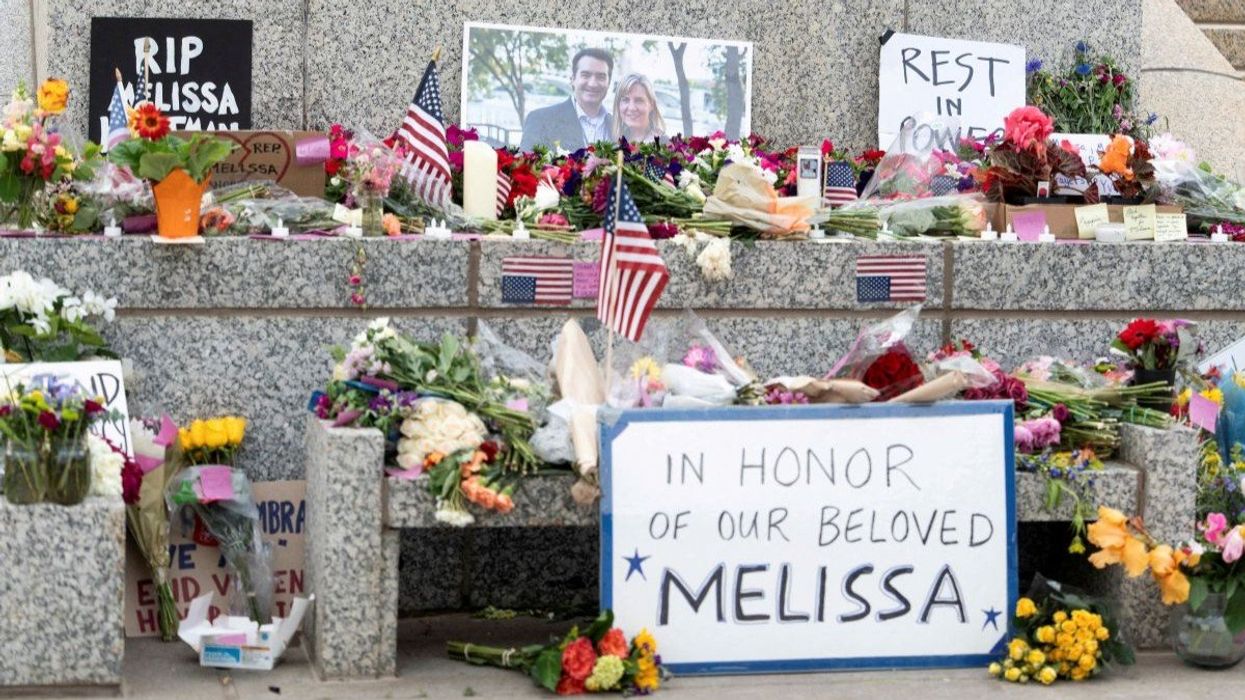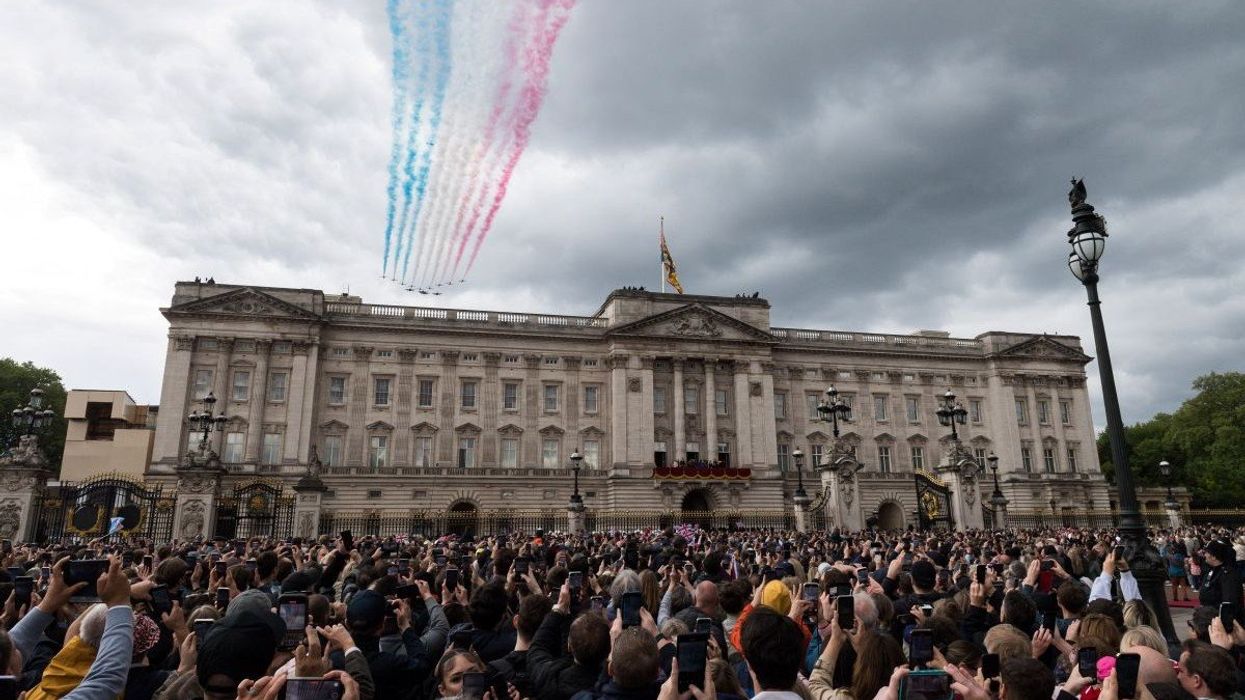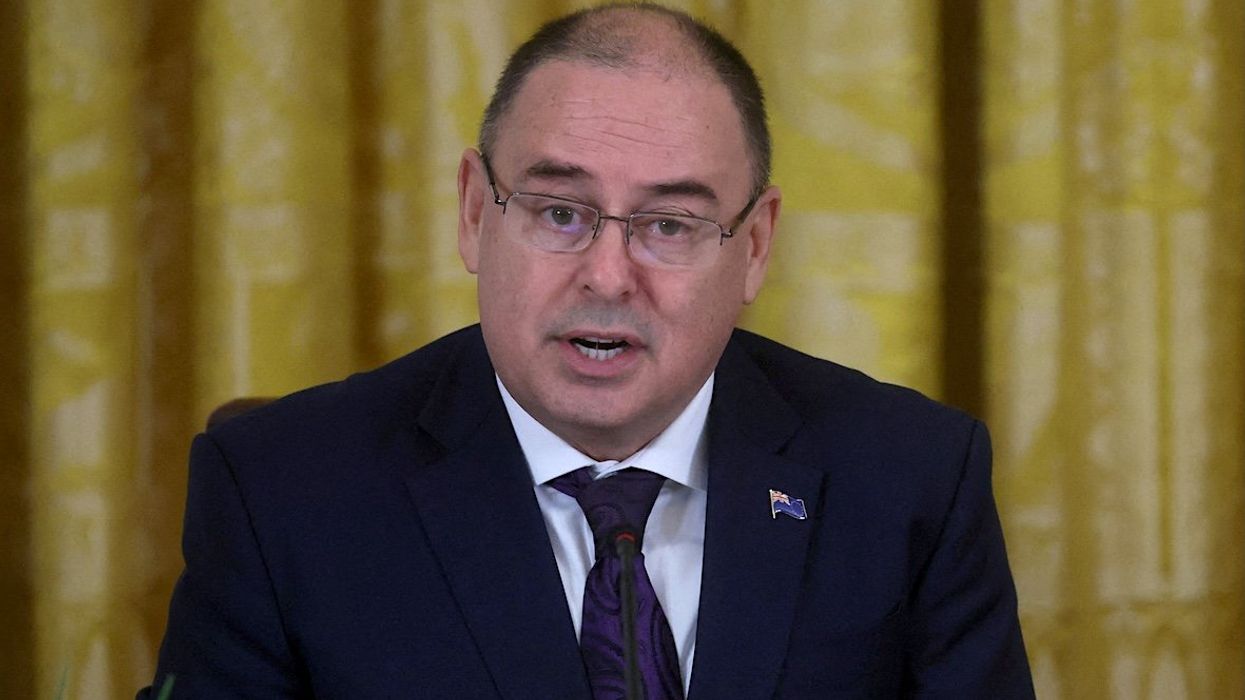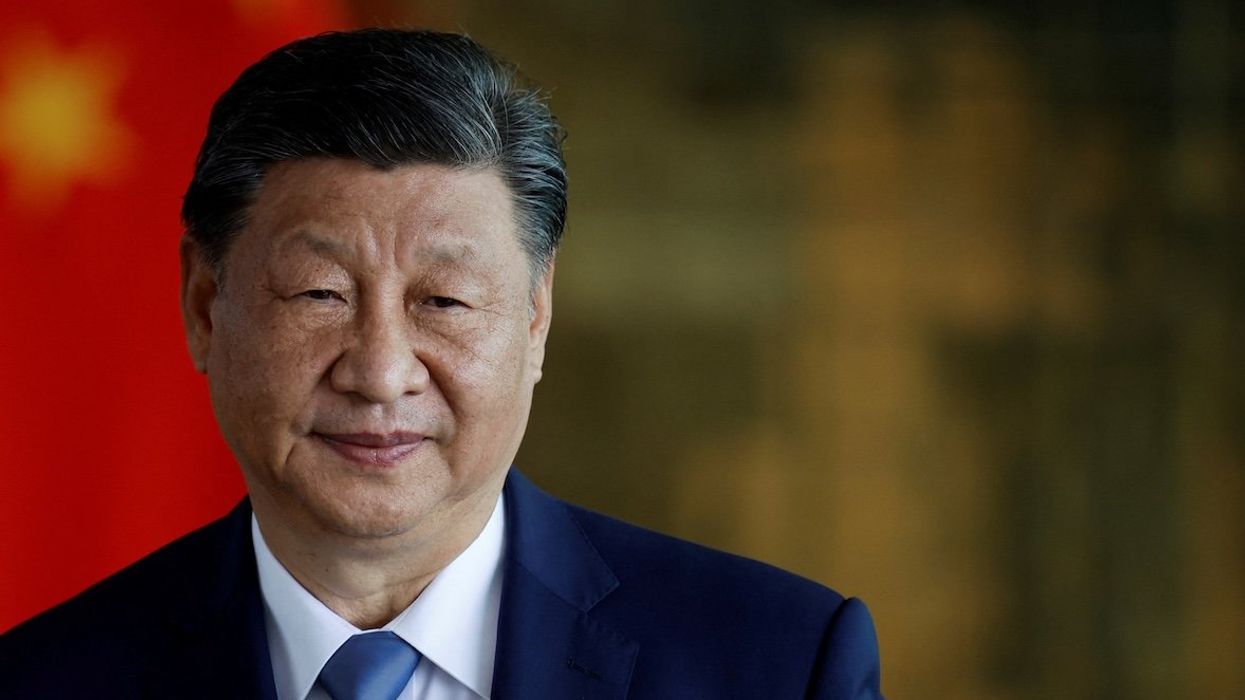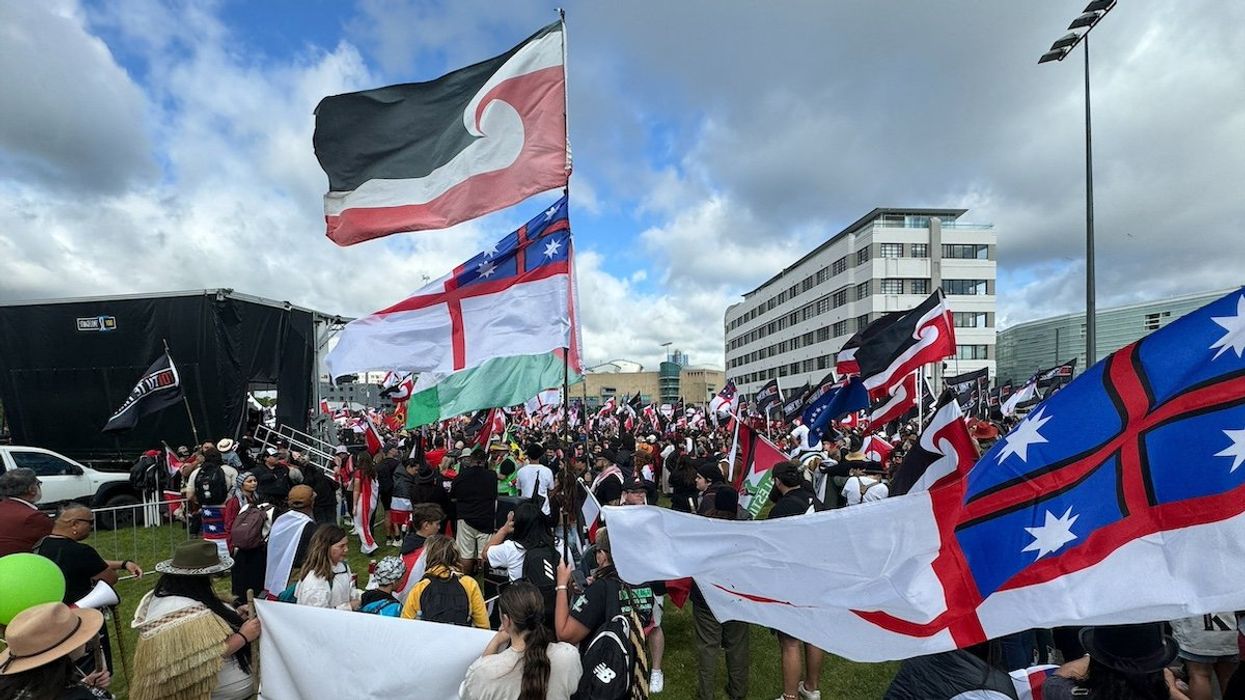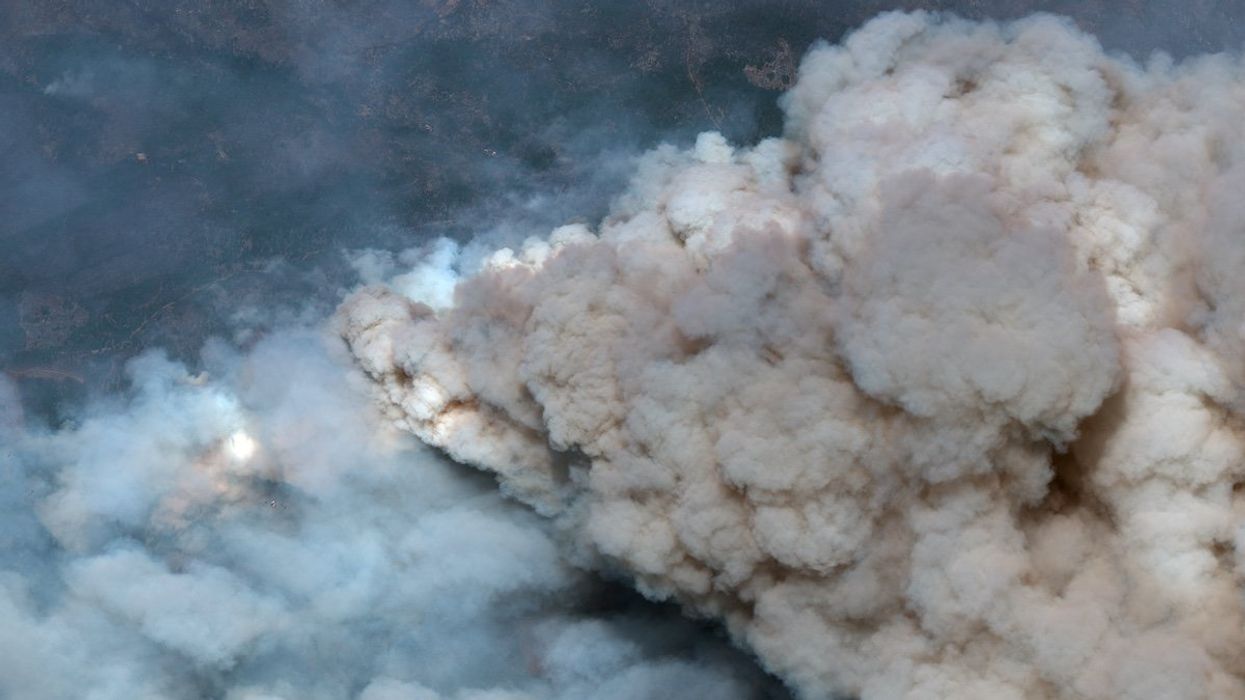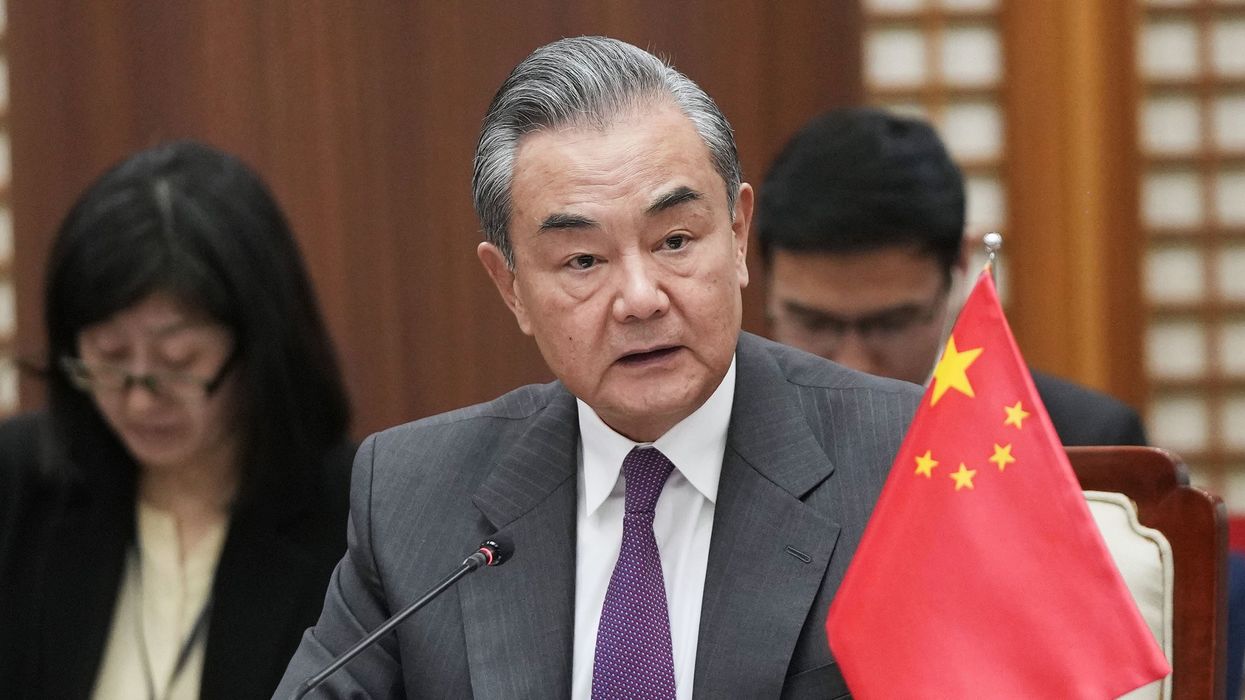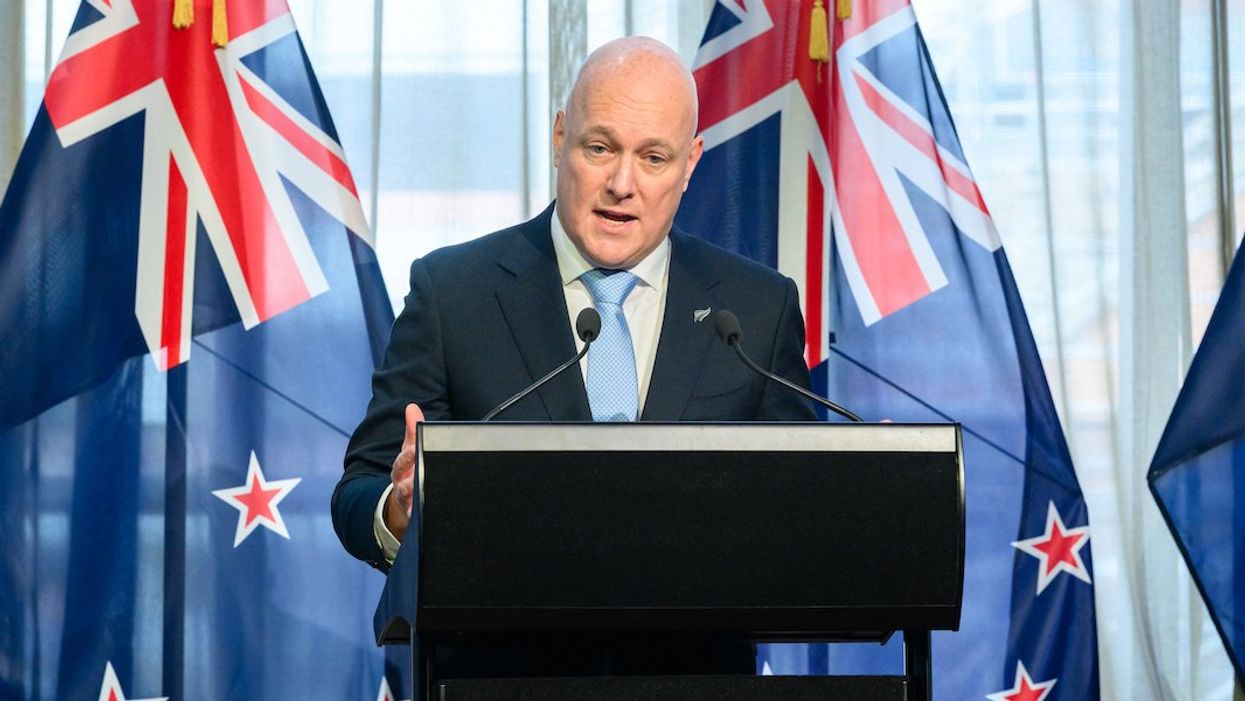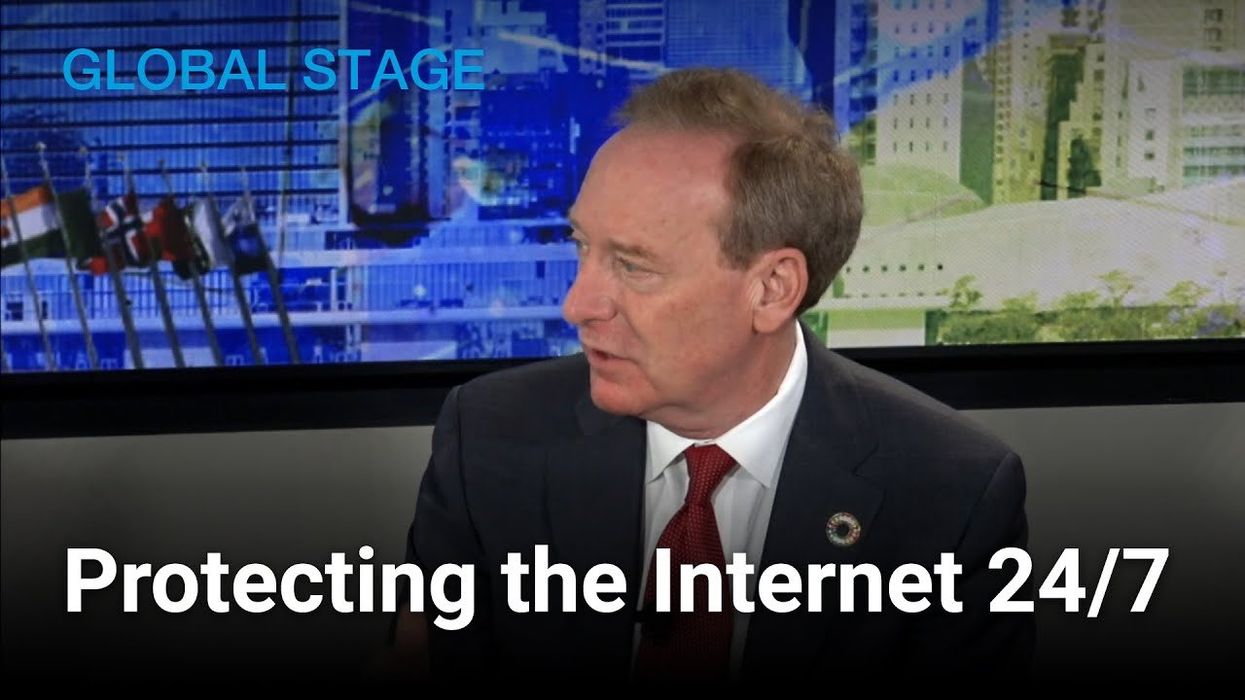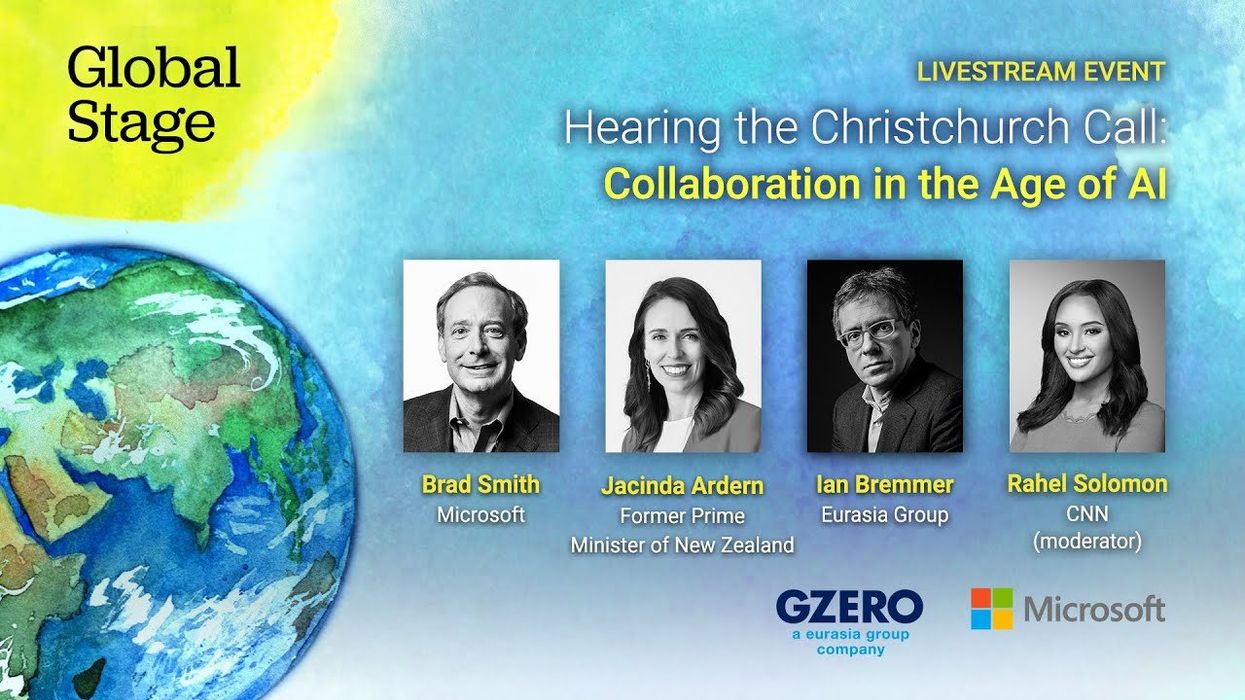What We're Watching
What We’re Watching: Minnesota assassin suspect captured, New Zealand weighs its superpower alliances
Minnesota’s massive manhunt ended Sunday with the arrest of 57-year-old Vance Boelter, accused of killing State Rep. Melissa Hortman and her husband, and injuring State Sen. John Hoffman and his wife.
Jun 16, 2025
